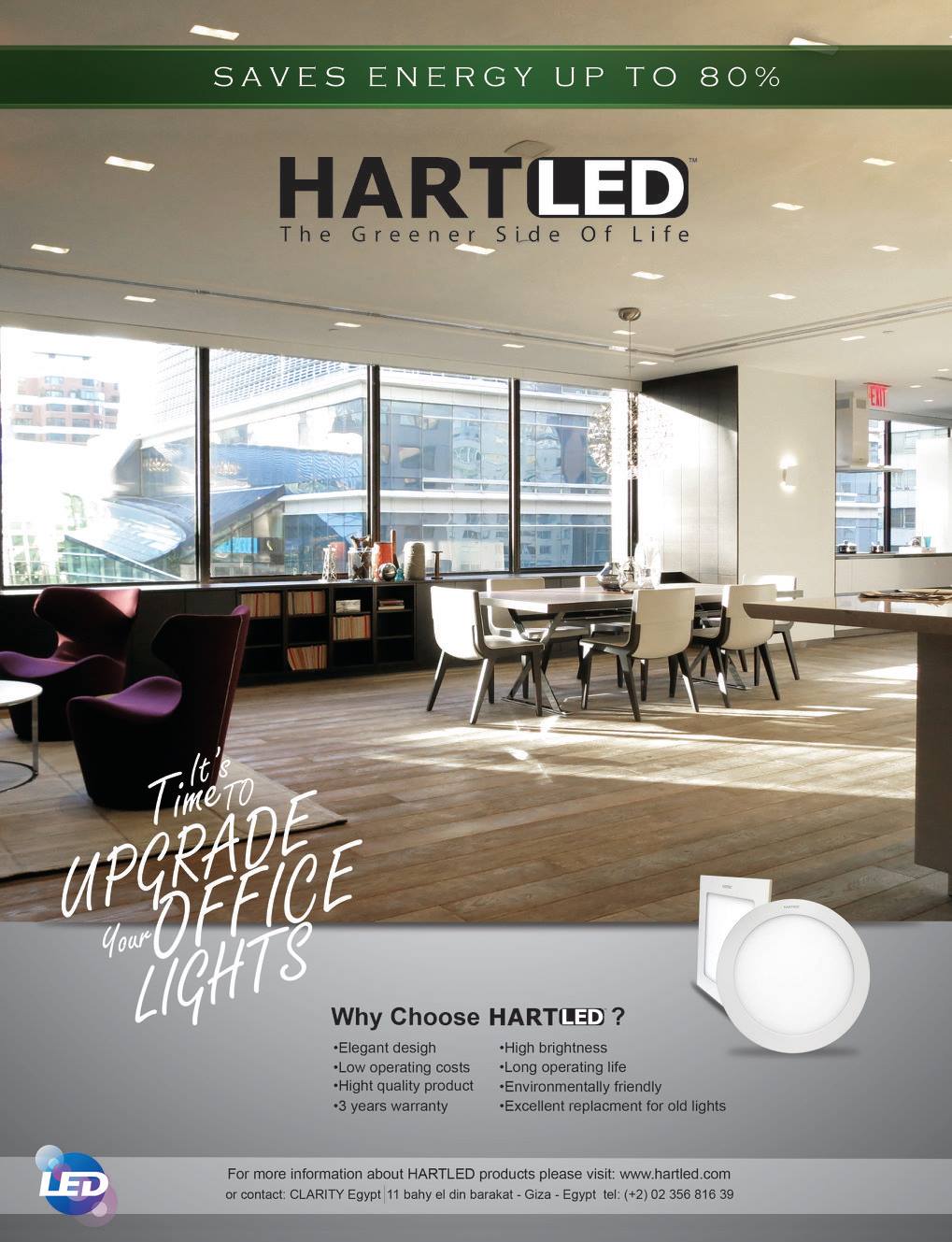Meet Nibal Dahaba, a successful woman who has made a name for herself in the pharmaceutical industry. With over 20 years of experience in various fields such as marketing, governmental relations, business development, and more, Nibal currently holds the position of Co-founder and General Manager Emerging Markets for Gennecs Pharmaceuticals. She also manages Gennvax, the first full production cycle vaccines facility in Egypt. Nibal’s expertise lies in dealing with ambiguity and complexity in emerging markets, especially in key markets like Africa, Egypt, Gulf, and Levant. She has worked with major pharmaceutical companies like Sanofi Pasteur and AbbVie Pharmaceuticals, where she led the spin-off from Abbott and launched the new entity in 52 markets. Nibal’s hard work and dedication helped to double the top and bottom lines within two years of AbbVie’s launch and made the top selling drug in the world, Humira, a success story. With her extensive experience, Nibal Dahaba is a force to be reckoned with in the pharmaceutical industry and an inspiration to women everywhere. Flair had the absolute pleasure to sit with her and talk her journey, ambition and mission in life.

It’s our pleasure to have you talk with Flair, can you tell us about yourself briefly and share something about your career to date?
Pleasure is all mine, always loved your magazine and your choice of topics with the touch of diversity that is always felt in your articles.
Well as a start I am a Cairo university school of Pharmacy graduate having my post-grad diploma from George Washington University DC. I started my career by joining Novartis Egypt, MSD ( MERCK SHARP ), then moved to Abbvie – the biotech spinoff from Abbott- in the Middle East and Africa. After which, heading Sanofi pasture’s operations as regional general manager
I have some soft spots during my career journey that I would always cherish. I was blessed and honored to be part of the successful legacy of almost ending Hepatitis C in Egypt and finishing all the waiting lists by treating all patients, proud to say that now Egypt is almost virus C free after being the world’s largest incidence & prevalence in Help C patients. Also took pride in helping reshape the national immunization programs across the region and introducing more vaccines thus saving more of our beloved kids.
In addition to my extracurricular activities that are considered an integral part of my pathway including being part of 57357, Baheya, and board consultant to Zewail entity.
Why is Gennvax considered a unique vaccine facility?
Let me tell you why Gennvax is a unique project. Egypt has the largest pharmaceutical manufacturing infrastructure in the region with more than 1000 production lines; yet, most of them are manufacturing only generics which are the conventional pharma products copied from original products that don’t fit into the biological category which are the products extracted from living cells.
Why do we lack biological manufacturing across MEA? The simple reason is that we don’t have the know-how or the tech transfer providers needed for those products that include oncology products and vaccines which are very critical.
What Gennvax provides is a full production cycle for the largest vaccine portfolio with the needed tech transfer for a full production cycle for all vaccines used in our local national immunization programs and regional NIPs as well. That’s why Gennvax is featured not only locally, but globally as well, and regionally as a unique vaccine production facility where the world lacks vaccine manufacturers currently and suffers from constant supply shortage.
Why vaccine independence is so important for Africa?
Africa consumes around 1 B doses on an annual basis on a coverage rate of 60% which is quite low, given that WHO did announce their 2040 road map that pushes Africa to local manufacture at least 60% of its vaccines need by 2040 as the global shortage is picking up dramatically as those 1B doses are purely imported. Thus, we need many projects such as Gennvax so that we can bridge this huge gap given that we should also work on increasing the vaccination coverage rate so that the 60% goes up to 90% covering more of our African kids; hence, saving more lives. Being dependent will always be a weak point, especially during pandemic times.
What is your strategy for ensuring that Gennvax provides an adequate supply of biologicals?
Our capacity is 115 M doses per shift on an annual basis, and this could be doubled. We are bringing together the tech transfer for the full cycle from the top vaccines manufacturers globally in addition to our main R&D pillar with a customized strain bank for our continent, in parallel we are launching the Gennvax academy which will create the needed path for creating calibers who are experts in vaccines quality manufacturing as we are in deep need of this educational pathway to be able to compete globally in this sophisticated era.
How do you manage the unpredictability associated with an ever-changing market?
When it comes to vaccines it is different, you will never stop vaccinating children. When it comes to vaccines, all governments would spare anything to ensure their annual demand for different vaccines is secured. Vaccines are always considered a national security issue, unlike other pharma products. The risk would always come in a sort of shortage or pandemic, so that highlights the importance of such a project.
How do you stay up-to-date with the latest advancements and trends in the pharmaceutical industry?
Gennvax is part of AVMI ( African vaccines manufacturers ) and AVCA entities and is in full alignment and regular discussions with WHO and GAVI teams and country heads where WHO are the main focal point for all NIPs and vaccination roadmaps and new vaccines introductions. In addition to our constant presence at all international conferences, we would always keep you updated on the latest technologies. Not to mention, our partners and tech transfer providers who are always updating us with all new biotech approaches.
You have an impressive career, what risks have you taken that have paid off?
Lots of risks, actually being able to secure consistent supply to our country and the region during my regional posts had always created enemies and those enemies are quite strong. If you aren’t solid enough to face them, then usually you would give up and let them win. In my case, I have always faced big wars up to unprecedented levels, and I never gave up on my goal which is saving lives as much as I can. In addition to improving our healthcare system and bringing in the latest technologies that could be found globally. Talking about risks taken, in each decision you take during your career, there is a risk. All you have to do is stay focused and decide based on your ethics and goals and rest assured God will never fail you.
As a leading woman in the pharmaceutical sector, how do women get a seat at the table?
Getting a seat in our sector is quite hard for both genders. Our sector is such a tough one that needs a solid leader that can face the competition globally and stands still! Always remember, we don’t have R&D in our region. When you get into the sector, and you prove yourself even though you are coming from a region that doesn’t own originator products, you are learning from them. And trying to compete to reach leadership roles is quite hard. It takes full faith in our goal, and it takes a woman who is ready to be devoted to saving more lives and helping our countries to rise and sustain a high level of healthcare services provided to our people.
What role has mentoring played in your career, either as a mentor, mentee, or both?
A great question, actually mentoring is an integral part of any success story, having good mentors since I was a kid and then leading teams across the region from different nationalities and being their mentor is just the most important part of our career cycle. Without mentoring, the cycle will end, and no more leaders will rise to continue our legacy.
When you began your career many years ago, did you ever imagine that you would have a leadership role in this profession/organization?
Well, it’s hard to answer this question, not to have a direct yes or No, but I had the will to be something in this sector and stand out across the region and for the region. When there is a will, there is always a way.
Having been in this industry for 20 years, what do you still wish to accomplish?
Having Egypt as a top vaccines manufacturer across the globe, supplying to UNICEF and the rest of Africa and competing globally, in addition to having our own R&D hub & strain banks, which will allow us to have our innovative products and Egyptian pharma novel products not only generics or biosimilars. Being ready in case of any pandemic and not waiting for any help from anyone is the goal that I know will be achieved.
What do you think is the most significant barrier to female leadership?
Being a female is the most significant barrier for sure. There are several barriers that women may face during their careers; however, the most challenging one is the pervasive gender bias that still exists in some industries in the workplace. That can manifest in several ways, such as pay inequality, difficulty attaining leadership positions, and being overlooked for promotions or opportunities. Additionally, there may be cultural or societal expectations that perpetuate gender roles and make it difficult for women to balance career and family obligations. Overcoming these barriers requires not only a change in the workplace culture but also an understanding of the unique challenges women face and a commitment to creating a more equitable workplace.



